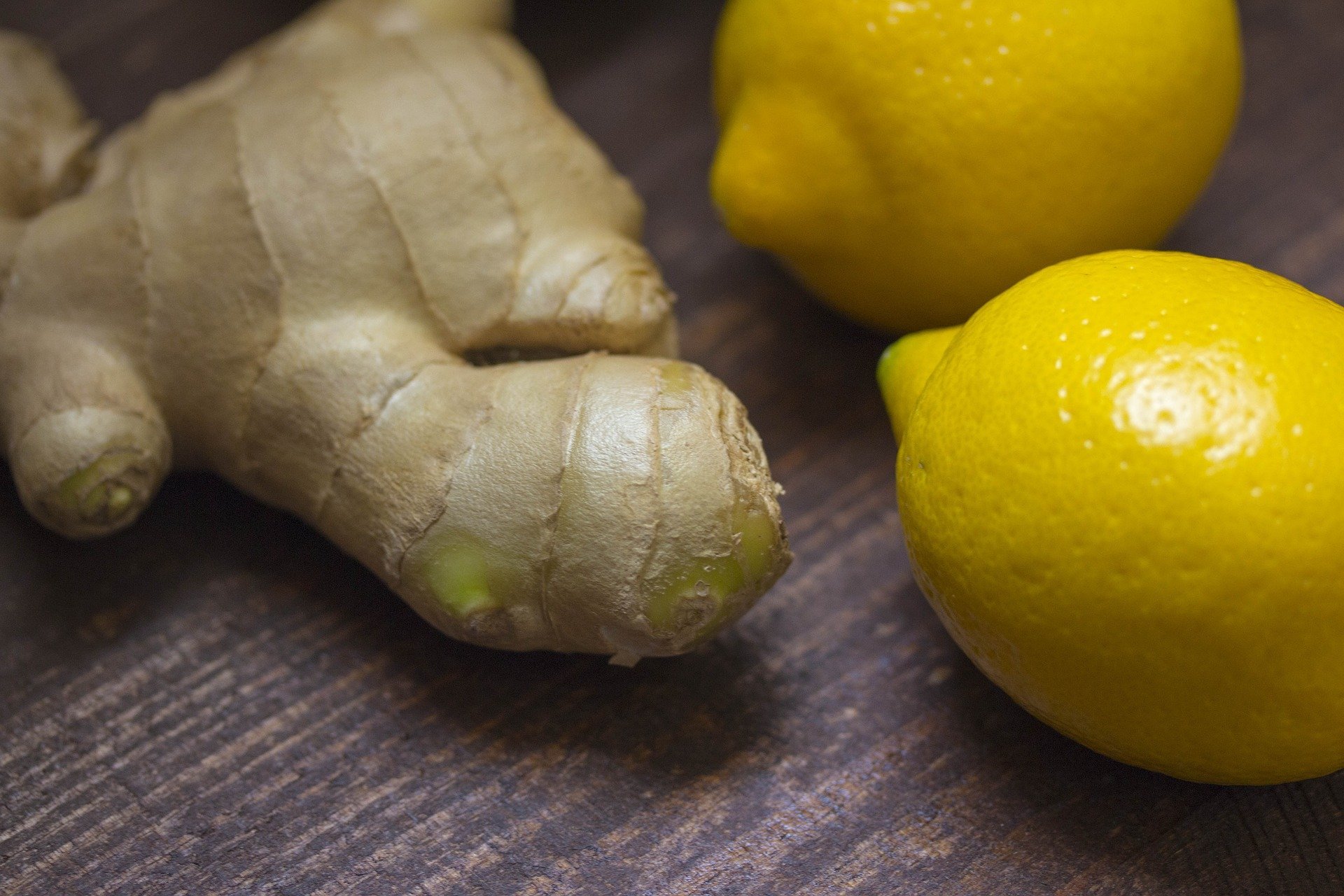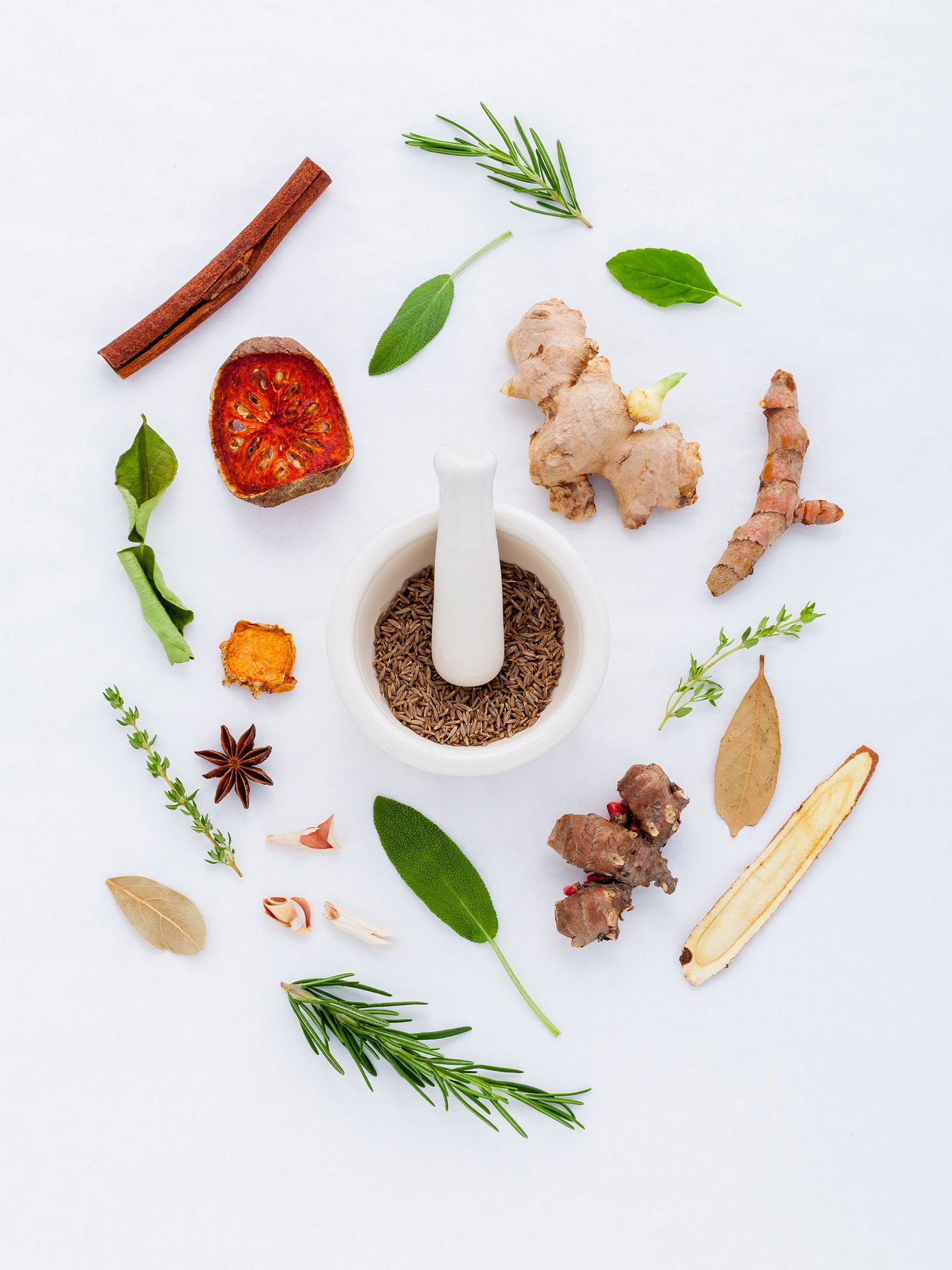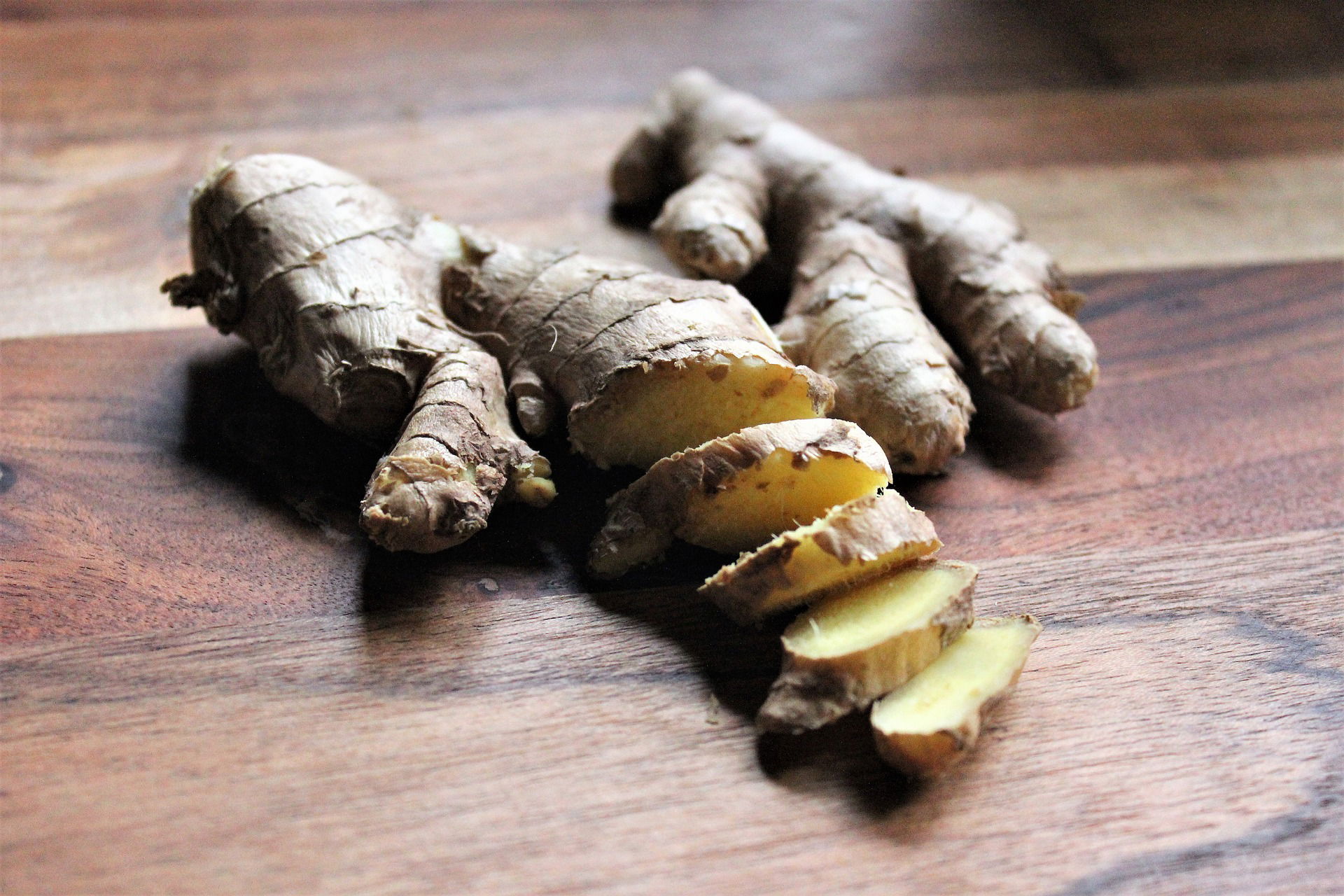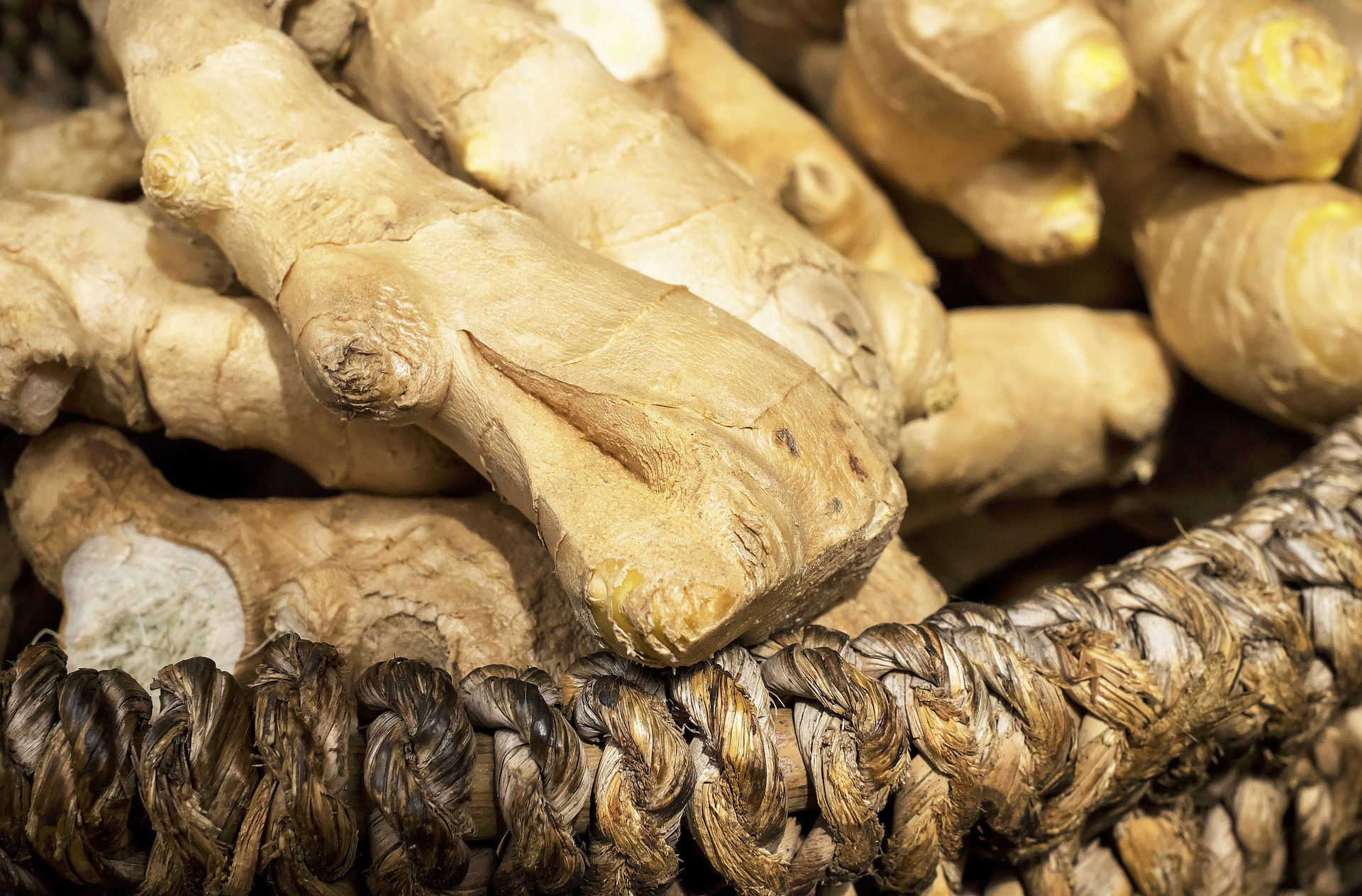Why Thai Ginger is the Top Choice for Exporters

Thai ginger has gained popularity in recent years and has become a top choice for exporters. This root vegetable has a unique flavor profile and offers numerous health benefits, making it a valuable commodity worldwide. Thai ginger's popularity can be attributed to its versatility in both culinary and medicinal applications, as well as Thailand's advantageous climate for ginger growth and the efficient methods used in cultivating and harvesting. In this article, we will explore the reasons why Thai ginger is the top choice for exporters, its nutritional and medicinal properties, the cultivation and harvesting process, and the future of Thai ginger exports in the global market.
1. Introduction to Thai Ginger
The Brief History of Thai Ginger
Thai ginger, scientifically known as Zingiber cassumunar Roxb., is a type of ginger that originated in Southeast Asia and has been used for centuries in traditional medicine and cooking. In Thailand, it is commonly referred to as Plai, and its essential oil is a popular ingredient in traditional Thai massage therapy.
What Makes Thai Ginger Unique?
Thai ginger has a distinct aroma and flavor that make it stand out from other varieties of ginger. Its rhizomes, or roots, are smaller and more slender than other ginger types, and they have a light beige color and a mild yellowish hue on the inside. Thai ginger also contains unique compounds, such as methyl cinnamate and camphene, which are responsible for its characteristic fragrance.

2. Health Benefits of Thai Ginger
Overview of the Nutritional Value of Thai Ginger
Thai ginger is a rich source of vitamins and minerals, including vitamin C, vitamin B6, calcium, magnesium, and potassium. It is also low in calories and high in fiber, making it an excellent food choice for those looking to maintain a healthy diet.
Medicinal Properties of Thai Ginger
Thai ginger has a long history of use in traditional medicine for various ailments. It is known to have anti-inflammatory, antiseptic, and antioxidant properties, and studies have shown that it may help reduce pain, improve digestion, and boost immunity. Its essential oil is also used in aromatherapy to alleviate stress and anxiety.

3. Thailand's Advantageous Climate for Ginger Growth
The Tropical Climate and Rich Soil of Thailand
Thailand's tropical climate and fertile soil provide ideal conditions for ginger growth. The country's abundant rainfall and warm temperatures create a humid environment that promotes rapid growth and high yields. Additionally, the soil in Thailand is rich in nutrients, which helps the ginger plants thrive.
How the Climate Affects Ginger Quality
The climate in Thailand plays a crucial role in the quality of the ginger produced. The warm and humid conditions allow the ginger to develop a strong aroma and flavor, while the ample rainfall ensures that the rhizomes are plump and juicy. The result is a high-quality ginger that is prized by exporters around the world.

4. How Thai Ginger is Cultivated and Harvested
Ginger Farming Techniques Used in Thailand
In Thailand, ginger is typically grown using organic farming techniques. Farmers use natural fertilizers and pesticides, and the plants are often intercropped with other crops like turmeric and lemongrass to promote biodiversity and prevent soil erosion. The ginger is grown in raised beds to ensure proper drainage and airflow.
Harvesting, Sorting, and Processing Thai Ginger
Thai ginger is harvested by hand when the plants are around nine months old. The rhizomes are carefully dug up and sorted by size and quality. They are then washed, brushed, and dried in the sun or using industrial dryers before being packaged and shipped to exporters around the world. The careful harvesting and processing techniques used in Thailand help ensure that the ginger arrives at its destination in optimal condition.

5. Importance of Thai Ginger for the Export Market
Thai ginger, commonly known as galangal, is one of the most highly demanded agricultural exports from Thailand. Due to its unique flavor and medicinal properties, it has become a staple ingredient in many cuisines across the globe. The export of Thai ginger has significant economic importance for Thailand, contributing to the country's GDP and providing employment opportunities for local farmers and exporters.
Impact of Thai Ginger Exports on the Local Economy
The export of Thai ginger has a significant impact on Thailand's local economy. It is one of the top agricultural exports from the country, generating substantial revenue for the government and creating employment opportunities for local farmers and exporters. The export industry has helped to boost the economic growth of Thailand's rural regions, where ginger is primarily grown.
Major Export Destinations and the Growing Demand for Thai Ginger
Thai ginger is exported to numerous countries worldwide, including the United States, Japan, Europe, and Australia. The demand for Thai ginger has been increasing significantly in recent years due to its unique flavor profile and medicinal properties. The growing popularity of Thai cuisine and its exotic ingredients has also contributed to the increasing demand for Thai ginger.

6. Thai Ginger's Versatility in Culinary and Medicinal Applications
Thai ginger is a versatile ingredient used in many culinary and medicinal applications. Its unique flavor profile makes it a popular ingredient in Thai cuisine and other Asian dishes. It is commonly used in soups, curries, and other savory dishes, adding a pungent and slightly sweet taste to the food.
Culinary Uses of Thai Ginger in Thai Cuisine and Beyond
Thai ginger is widely used in Thai cuisine, where it is a popular ingredient in many dishes, including Tom Yum soup, green curry, and Pad Thai. It is also an essential element in Indonesian, Malaysian, and Vietnamese cuisines. Thai ginger's unique flavor profile and versatility make it a popular ingredient in many fusion dishes worldwide.
Medicinal Properties of Thai Ginger in Traditional Medicine and Modern Research
Thai ginger has been used for medicinal purposes for centuries. Traditional Thai medicine has long recognized Thai ginger's medicinal properties, which include anti-inflammatory and anti-cancer effects. Modern research has also shown that Thai ginger has potent antioxidant properties and can help in the treatment of diabetes, cardiovascular diseases, and digestive disorders.

7. The Future of Thai Ginger Exports
The future of Thai ginger exports looks bright, with increasing demand from many countries worldwide. The unique flavor and medicinal properties of Thai ginger make it a valuable commodity in the global market, providing an excellent opportunity for Thai exporters to expand their business.
The Potential Growth of Thai Ginger Exports in the Global Market
The global demand for Thai ginger is likely to continue growing, presenting excellent opportunities for Thai ginger exporters. The increasing popularity of Thai cuisine worldwide and the growing awareness of Thai ginger's health benefits are expected to contribute to the future growth of Thai ginger exports.
Challenges and Opportunities for Thai Ginger Exporters
While the future looks promising for Thai ginger exporters, there are several challenges that need to be addressed. The fluctuating prices of ginger in the global market, changing export regulations, and competition from other ginger-producing countries are some of the challenges that Thai ginger exporters face. However, with the right strategies and investment in research and development, Thai ginger exporters can overcome these challenges and take advantage of the opportunities in the global market.

8. Conclusion: Why Thai Ginger Reigns Supreme for Exporters
Thai ginger is a highly valued agricultural export that has gained popularity globally due to its unique flavor and medicinal properties. The export of Thai ginger has significant economic importance for Thailand, contributing to the country's GDP and creating employment opportunities for local farmers and exporters. The future looks promising for Thai ginger exporters, with increasing demand from many countries worldwide. Despite the challenges they face, Thai ginger exporters have the opportunity to expand their business by investing in research and development, and taking advantage of the growing global demand for this exotic ingredient.
In conclusion, Thai ginger has solidified its place in the global market as an essential commodity for both culinary and medicinal purposes. From its unique flavor profile to its numerous health benefits, Thai ginger offers a variety of uses that make it a valuable export. Thailand's tropical climate and efficient cultivation and harvesting methods have helped to establish Thai ginger as a top choice for exporters. As demand for Thai ginger continues to grow, it is clear that this root vegetable will remain a significant player in the global market for years to come.

FAQs:
1. What are some of the health benefits of Thai ginger?
Thai ginger contains compounds that have anti-inflammatory and antioxidant properties, making it a valuable addition to a healthy diet. It is commonly used to aid in digestion, alleviate nausea, and reduce inflammation in the body.
2. How is Thai ginger typically used in cooking?
Thai ginger is often used in Thai cuisine to add flavor and depth to dishes. It can be used fresh or dried and ground into a powder. Thai ginger is also a common ingredient in curry pastes and soups.
3. Where does Thailand rank in terms of global ginger production?
Thailand is the third-largest producer of ginger in the world, behind India and China. The country's tropical climate and fertile soil make it an ideal environment for ginger cultivation.
4. What are some challenges facing Thai ginger exporters?
One of the biggest challenges facing Thai ginger exporters is competition from other ginger-producing countries. Additionally, the rising cost of labor and transportation can make it difficult for small-scale farmers to remain competitive in the global market. However, the growing demand for Thai ginger and government support for agricultural exports have helped to mitigate some of these challenges.
